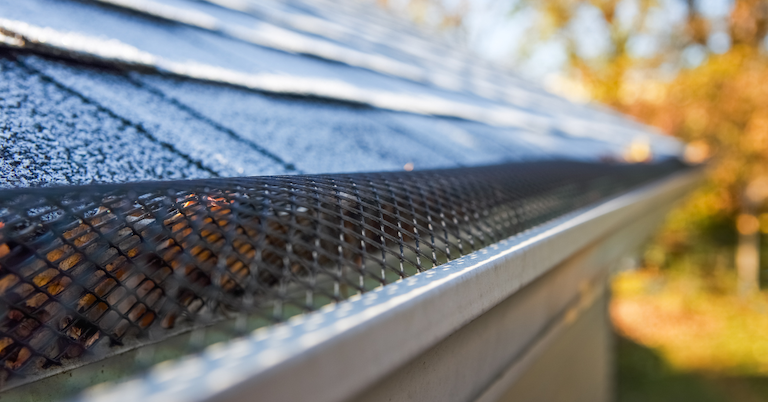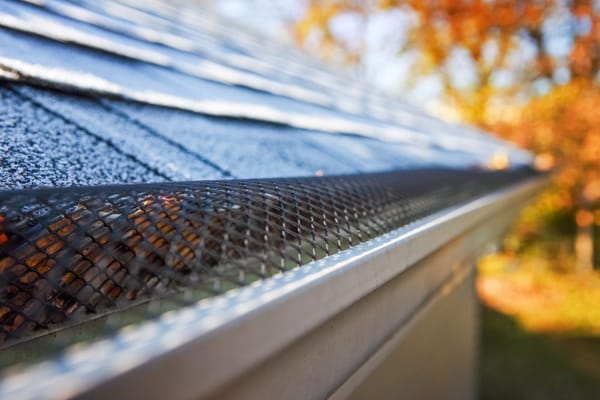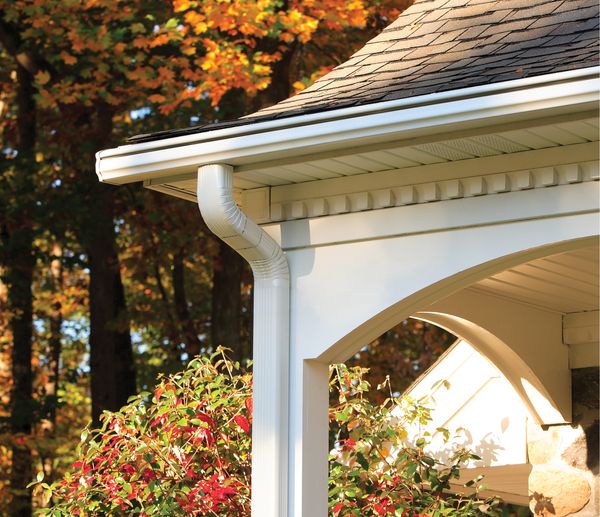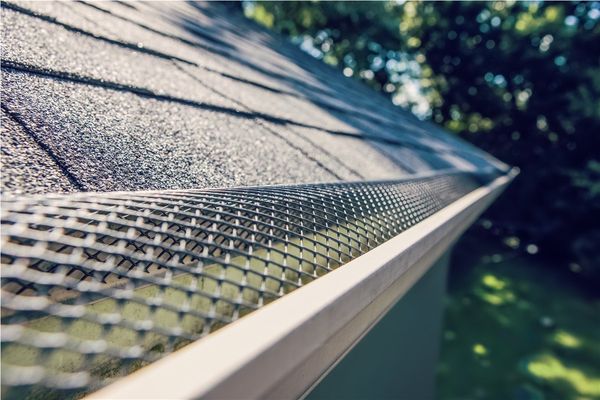Every year, millions of homeowners living in rural and suburban, foliage-filled residential areas set up their ladders, put on their gloves, and get to work on the task of cleaning out their home’s gutter system.
Gutter guards offer a way for homeowners to avoid regular cleanings of their gutters. However, not all gutter guards are created equal.
What Are Gutter Guards?
Gutter guards are metal pieces installed over gutters and commonly contain mesh-like holes to allow water to flow through the drainage system – but are intended to keep out large pieces of debris like leaves and tree branches.
How Do Gutter Guards Work?
While the concept seems like a great idea (and a large monetary investment), it may not stop seeds, dirt, and small debris from building up and causing a clog within the home’s gutters.
The Problem With Some Gutter Guards
Homeowners living in foliage-filled areas can no longer get to that clog to clear it out without disabling or removing the entire length of gutter guards. Not only can those small pieces of junk clog up your gutters, but when left untreated – it allows water to flow where it doesn’t belong. Clogs can cause extensive damage to your home’s gutters, fascia, roof, exterior walls, and foundation – and could result in massive repair expenses.
Not only does nature’s debris clog up your gutters, but it can allow small amounts of water to remain in the gutter until it has the chance to evaporate. With standing water comes an opportunity for mosquitoes to reproduce – leaving you with uninvited guests crashing every summer barbecue.
Mold, mildew, algae, and moss grows rapidly in the warmer seasons, and a perfect spreading ground could just be in the gutter system. Left unchecked, it may creep into your roof, causing extensive damage and over time, possibly a full roof replacement.
How to Protect Gutters
If gutter guards don’t work as well as intended, homeowners may ask: “How do I protect my gutters then?”
Create an annual home maintenance plan and get the whole family involved in the inspection and cleaning of the gutter system. This should be done during spring, summer, and especially the fall when falling leaves clog the gutters making the home more susceptible to leaks and mold during the wet winter months.
If homeowners commit to completing this task on a regular basis, the gutter maintenance process gets easier and easier. Your gutter system remains in great shape and protects your home from costly damage. A little elbow grease or a quick phone call could just save your savings.






